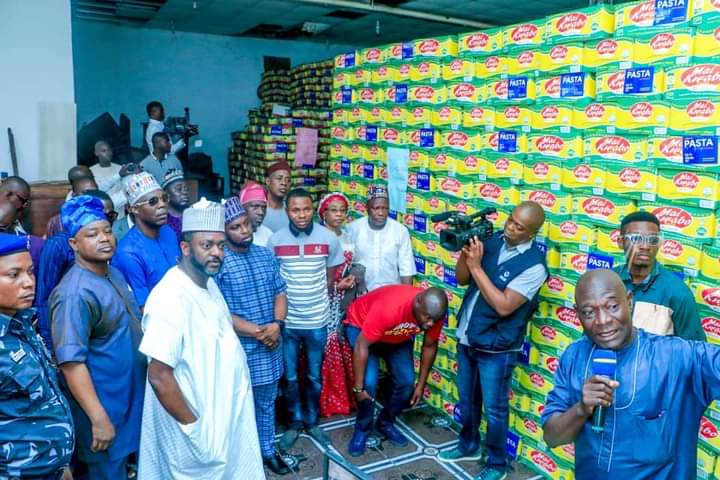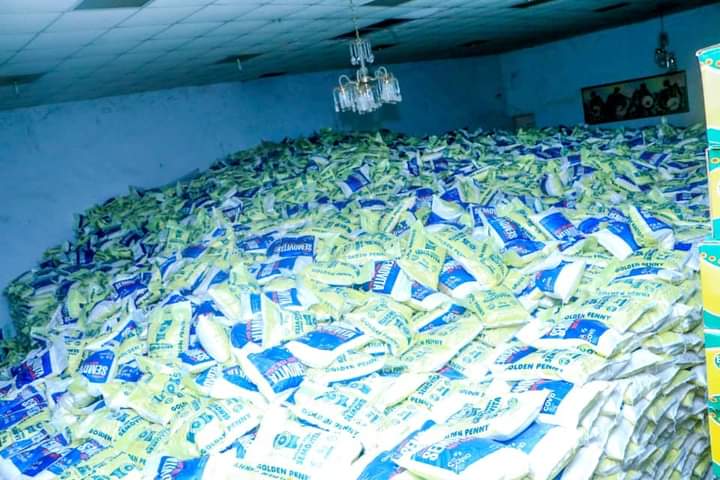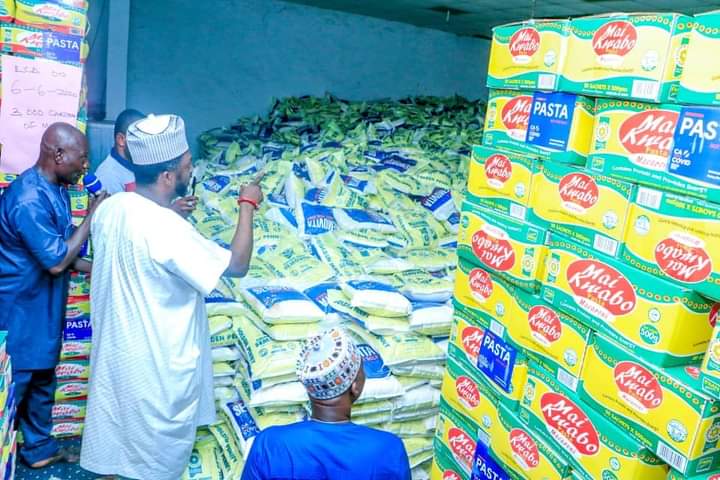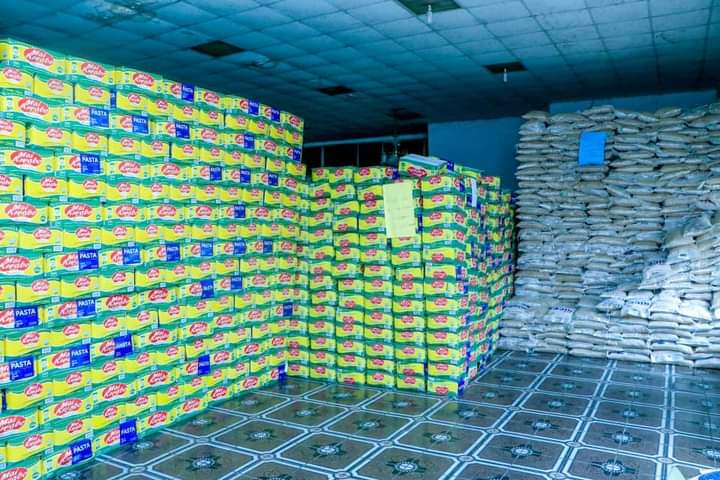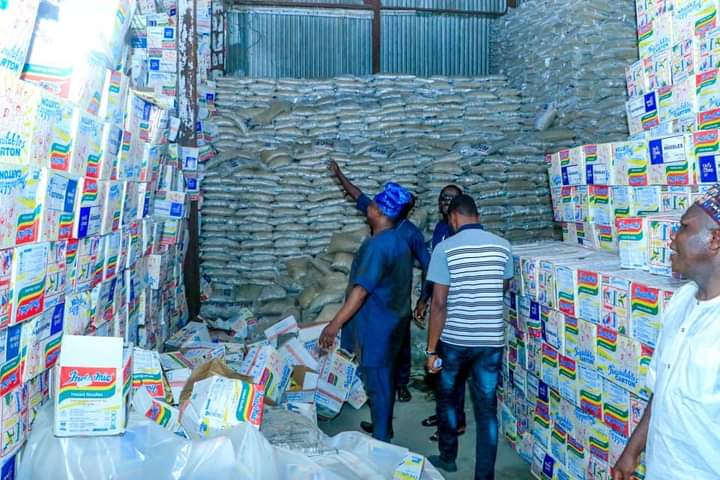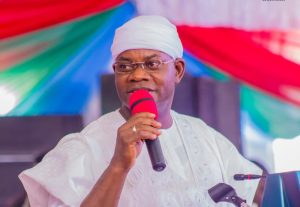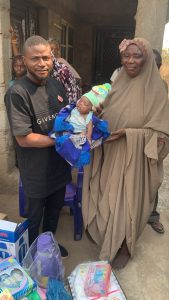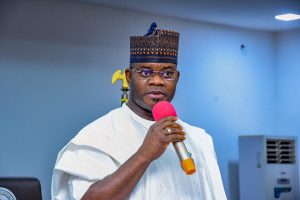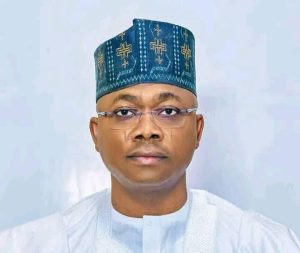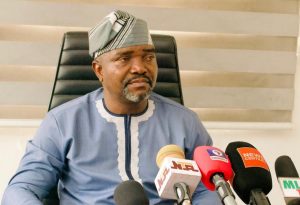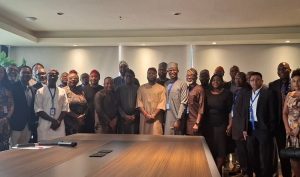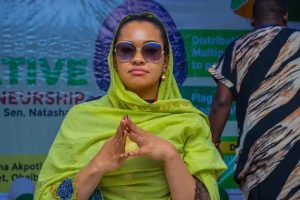KGSG wants more jobs for Nigerian youth; kicks off distribution of covid19 palliative
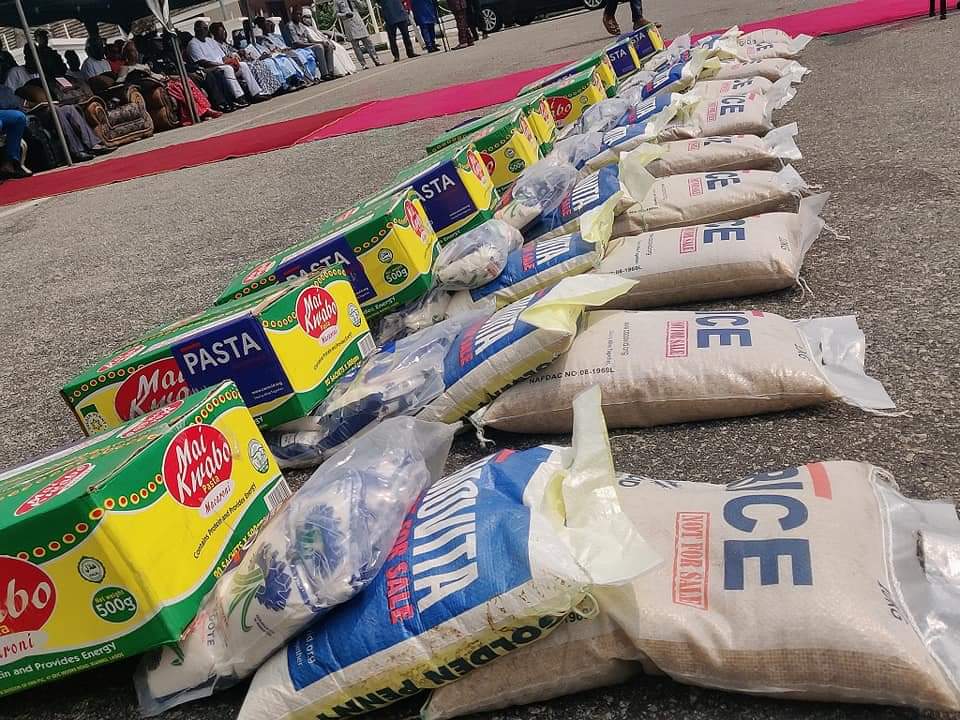
Kogi State Government has called on the private sector coalition against Covid19 (CACOVID) to evolve means through which the country’s youth would be more gainfully employed to move the country forward.
The Deputy Governor, Chief Edward Onoja who represented Governor Yahaya Bello stated this on Monday in Lokoja during the flag off of distribution of covid19 palliative to the vulnerable members of the public to cushion the negative impact of the pandemic.
Governor Bello assured the donors that the items would go through a system designed by his government and it is to be done in a transparent and equitable manner in order to reach the grassroots.
The Governor therefore urged the committee charged with carrying out the distribution to make sure it reached the truly poor and vulnerable in the state as that is the modus operandi of the administration.
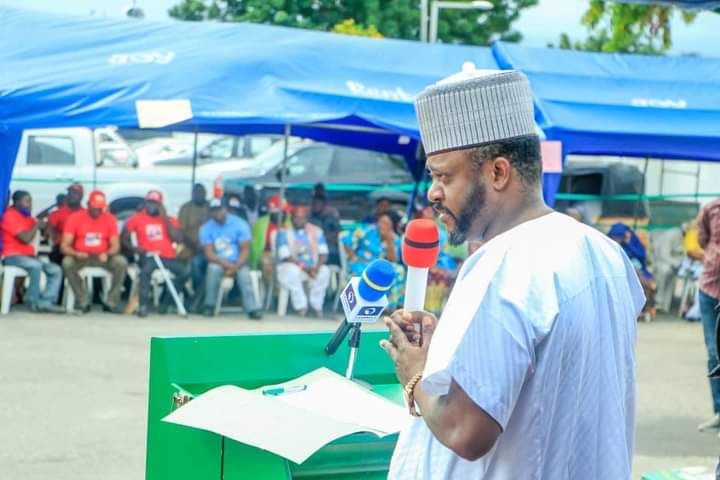
He appealed to the private sector in the country to evolve means through which employment opportunities would be created to engage the many unemployed youth of Nigeria since covid19 was wrapping up in its maximum impact around the country.
“The youth need jobs and thus, they should be considered for employment through jobs that are to be created since Coronavirus is already gradually winding down on the rate of impact it is having on the country.
“I must commend you for your level of Corporate Social Responsibility to your host communities, but like Oliver Twist, we want the private sector to triple its efforts in that area and not wait until there are environment and health disasters in the society to do the needful.”
The Deputy Governor, Chief Edward Onoja expressed appreciation to Governor Yahaya Bello for modifying and adopting methods that has put Kogi among the least affected states by the pandemic and enjoined the public to join him in giving the kudos.
Speaking, the President of Ɗangote Group, Alhaji Aliko Dangote who was represented by the Deputy General Manager for Obajana Plant, Prince Ademola Adeyemi described the Nigerian Private Sector Coalition Against COVID-19 (CACOVID) as a joint initiative of leading private sectôr leaders and the Central Bank of Nigeria (CBN) launched to galvanize urgent support in the fight against COVID-19 in Nigeria.
“Today, the fight for survival has become a necessity, and it is not just the responsibility of the government, it is our collective responsibility and we all must join the fight to stay alive,” he stressed.
“So far, CACOVID in collaboration with the state governments has commissioned 38 isolation centres across all the 36 states in Nigeria and the Federal Capital Territory (FCT). The coalition has also improved the testing capacity of the NCDC with the donation of over 100,000 test kits and various PPEs.
“Today, we have commenced the third phase of our intervention plan in the fight to combat and eradicate COVID-19 in Nigeria; the CACOVID National Food Relief Programme which will see the distribution of various food items to over 1.6 million families, ie. over 10 million Nigerians across the country.
“CACOVID has laid out an elaborate plan to effectively and efficiently distribute the relief packages to the target beneficiaries across all 774 Local Government Areas in Nigeria with the State Governors and the Minister of the Federal Capital Territory (FCT) as champions of this initiative in each state.
“We are doing this to help the most vulnerable households that have been affected by the coronavirus.”
The Secretary to the State Government, Dr Ayoade Folashade Arike had earlier in a welcome address, thanked the private sector for the donation and lauded the Governor, Alhaji Yahaya Bello for providing the state with purposeful leadership at such a critical time.
The event, which was attended by the Speaker of the State Legislature, Matthew Kolawole, the Ag Chief Judge of the State, Justice Olusuyi, the Grand Khadi of the State Sharia Court, Justice Aruwa and other dignitaries had as its highlights symbolic presentation of items to some orphans from orphanage homes and people with disabilities among others.

